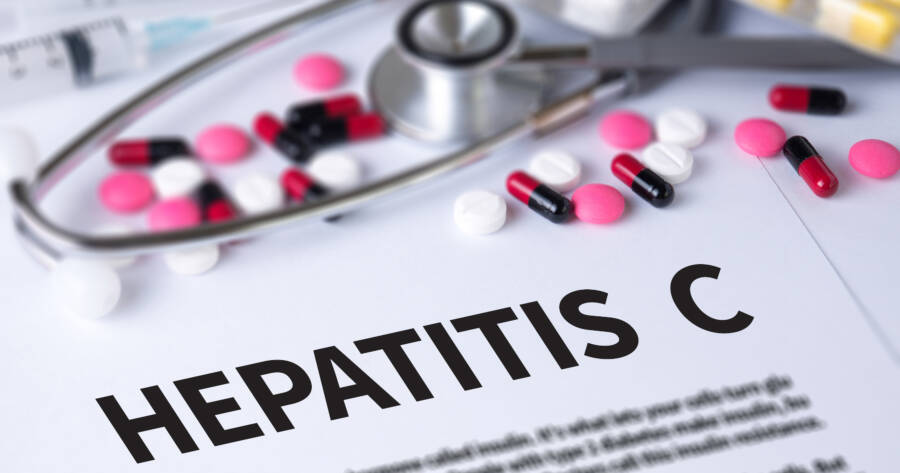Hepatitis C is a liver infection that can lead to serious health complications if left untreated. It’s crucial to recognize the early symptoms of this condition because early detection can prevent long-term damage. Discover the warning signs and treatment options for hepatitis C.
What is Hepatitis C?
Hepatitis C is a viral infection that primarily affects the liver, leading to inflammation and potential long-term liver damage if left untreated. The virus is spread through contact with contaminated blood, often through activities like sharing needles or unsanitary tattoo procedures. In some cases, it can also be transmitted through unprotected sex or from an infected mother to her child during childbirth.
Hepatitis C is particularly concerning because many individuals who contract the virus don’t show symptoms immediately, which can delay diagnosis and treatment. Over time, untreated hepatitis C can lead to chronic liver disease, cirrhosis, or even liver cancer. Early detection is crucial to prevent these complications, and with modern antiviral treatments, many cases of hepatitis C can be cured. Understanding how the virus is transmitted and recognizing early warning signs can help reduce the spread and improve health outcomes.
Recognizing the Early Symptoms of Hepatitis C
The early symptoms of hepatitis C can be vague or mild, which is why the virus often goes undetected until it causes more serious health issues. In its early stages, symptoms may include fatigue, mild abdominal pain, and flu-like signs such as fever, muscle aches, or nausea. Some people experience jaundice, where the skin and eyes develop a yellow tint due to the buildup of bilirubin in the blood, signaling liver distress.1
Dark-colored urine and pale stools are also potential early indicators. However, many individuals with hepatitis C show no symptoms for months or even years, making it essential to get screened if you have risk factors such as a history of intravenous drug use or a blood transfusion before 1992. Early detection through blood tests is key to preventing long-term liver damage and successfully treating the virus.
Treatment Options for Hepatitis C
In recent years, there have been significant advancements in hepatitis C treatment options with antiviral medications, such as the Mavyret treatment, which offer a high cure rate.2 These medications work by stopping the virus from multiplying in the body, allowing the immune system to clear the infection.
Treatment usually lasts 8 to 12 weeks, with relatively few side effects compared to older therapies. Early treatment is vital to prevent the progression to chronic hepatitis C, which can lead to liver cirrhosis or cancer. In cases where the disease has already caused liver damage, patients may require additional therapies or even a liver transplant. Regular monitoring and follow-up with a healthcare provider are important to ensure the treatment is successful and to manage any long-term effects on the liver.
Learn More About Hepatitis C
Understanding hepatitis C and its early symptoms is crucial for early detection and successful treatment. With advancements in antiviral medications, many cases can be cured if caught in time, preventing long-term liver damage. Regular screenings, especially for those at higher risk, can help identify the virus before it becomes severe. By learning more about hepatitis C, you can take proactive steps toward protecting your health and seeking timely medical care.




